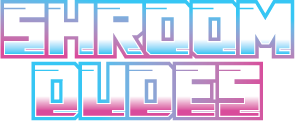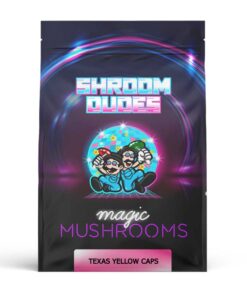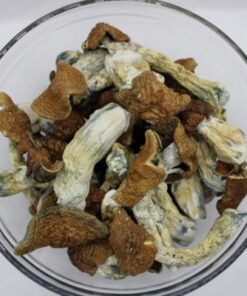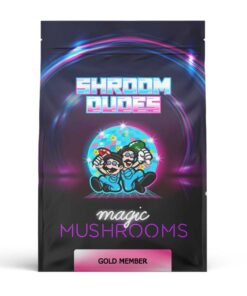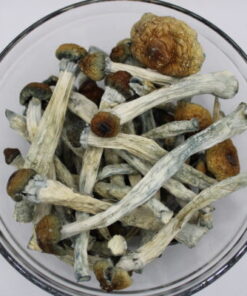The full spectrum and potential of magic mushrooms goes far beyond pretty colours and funny sounds. Non-profit research organisations across North America are consistently finding new breakthroughs in the realm of psychedelic therapy treatment.
Here is what current research says about the use of psilocybin in treating mental illnesses.
Depression
Depression is among the most researched indications for psilocybin therapy. Psilocybin therapy was given “breakthrough therapy” designation (a review fast track) by the FDA to treat depression.
Following the legalisation of magic mushrooms in Canada (2020), a 67-year-old woman by the name of Mona Strelaeff was granted an exemption to the Controlled Drugs and Substances Act, allowing her to consume magic mushrooms to treat her mental illness. Mona was plagued with anxiety, depression, and addictions for 15 years straight, and it was only after an intense psychedelic experience that she was able to finally let go.
Smoking cessation and other addictions
Contrary to popular belief, magic mushrooms are actually the opposite of addictive. Emotions may play a role in users wanting to trip frequently, but at a chemical level, psilocybin plays no role in a person’s desire to trip.
In fact, psilocybin itself acts as an anti-addictive property that has potential to treat other substance use disorders, including alcohol and cocaine addiction. In fact, a small open-label study on psilocybin and alcohol dependence found that following treatment, both drinking and heavy drinking declined. Researchers in Alabama are also currently conducting trials for psilocybin therapy on cocaine addiction.
Cancer-related psychological distress
Grob, who’s also affiliated with the Heffter Research Institute, has studied psilocybin extensively and authored research on the subject, including, among other things, a pilot study in 2011 on psilocybin treatment for anxiety in people with cancer.
A randomized, double-blind trial from Johns Hopkins in 2016 found that a single dose of psilocybin substantially improved quality of life and decreased depression and anxiety in people with life-threatening cancer diagnoses.
